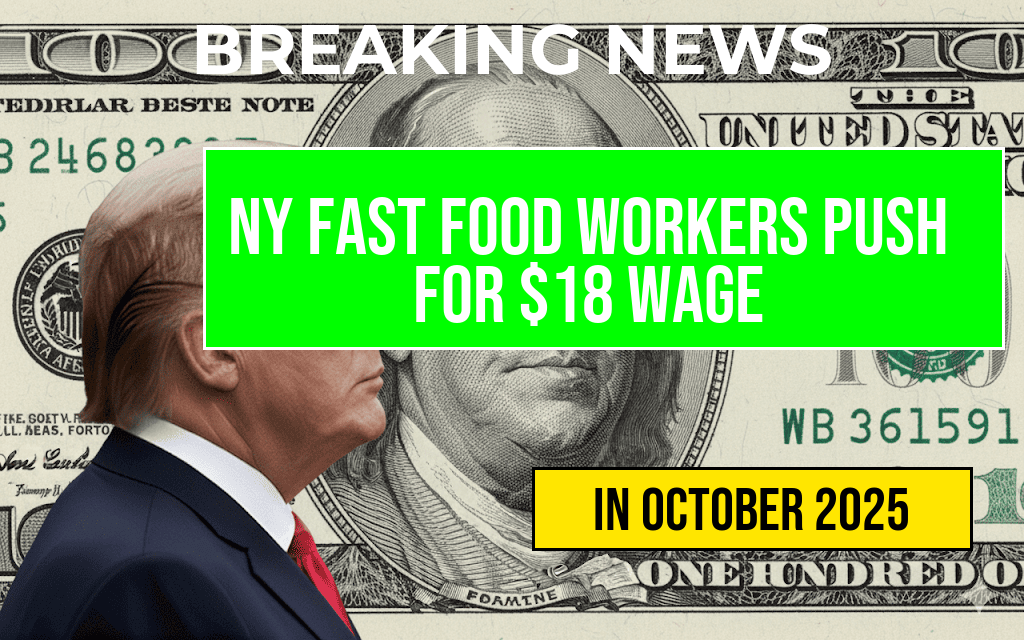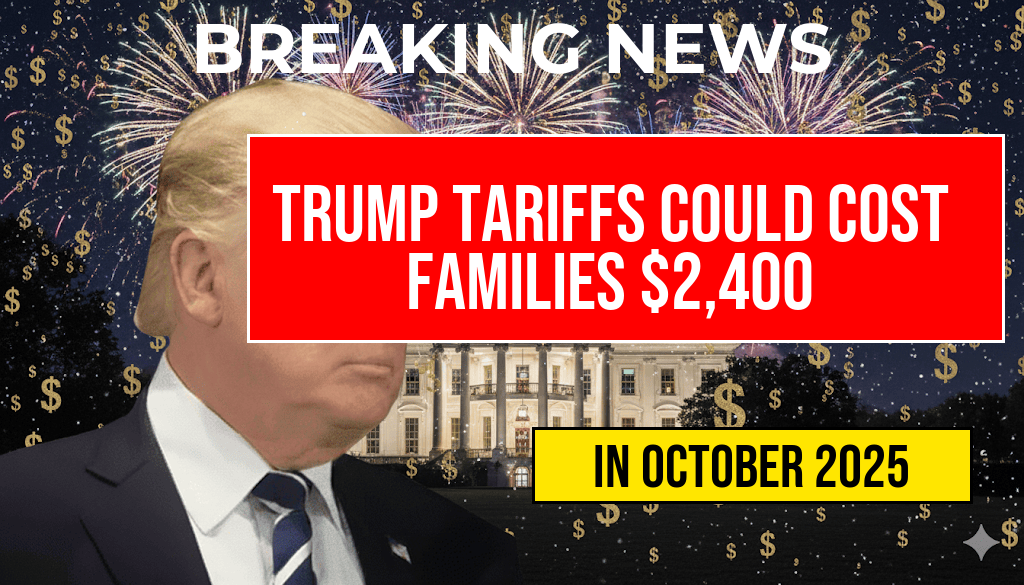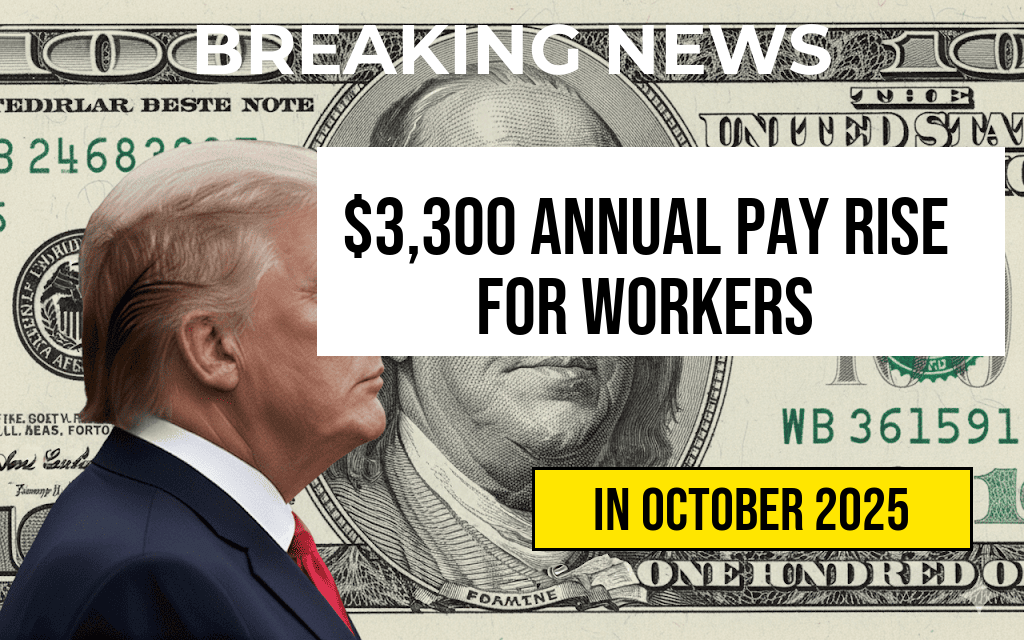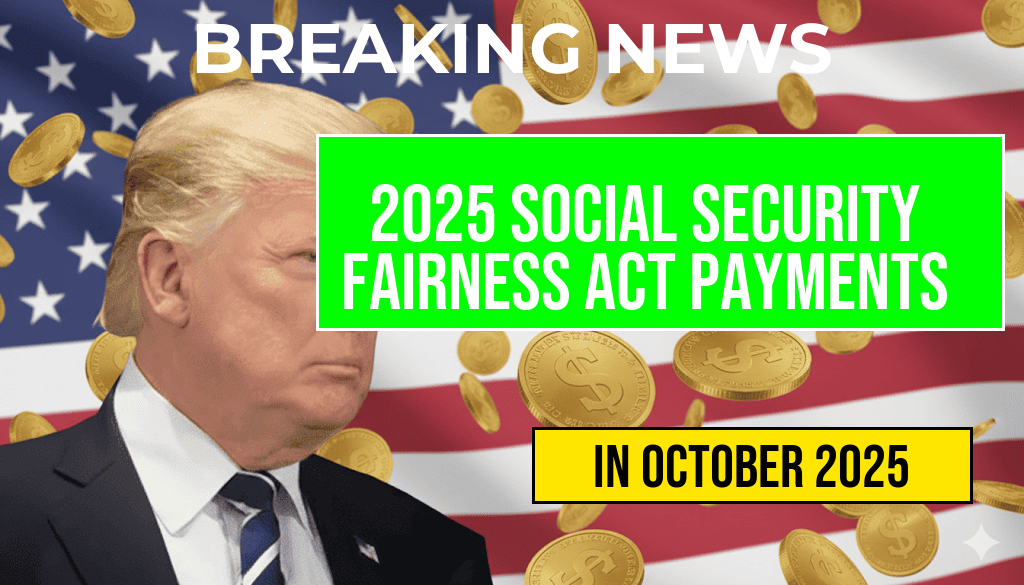Recent legislative changes have raised concerns among advocates for low-income households, who warn that new policies could lead to an average decrease in income of approximately $1,650 annually. These policies, designed to reform welfare and social assistance programs, are seen by critics as detrimental to the financial stability of the most vulnerable members of society. As the U.S. grapples with ongoing economic challenges, the implications of these changes may have far-reaching effects on millions of families. Experts are now calling for a reevaluation of the proposed measures, arguing that they could exacerbate poverty and hinder efforts to improve living conditions for low-income Americans.
Understanding the Policy Changes
The recent policy shifts primarily target welfare benefits and food assistance programs. The changes, which aim to streamline government spending and reduce dependency on social services, have sparked significant backlash from community organizations and social justice advocates. Key components of the reforms include:
- Reduction in SNAP Benefits: The Supplemental Nutrition Assistance Program (SNAP), which provides food assistance to low-income families, is set to see a decrease in benefits. This reduction could leave many families struggling to afford basic necessities.
- Eligibility Adjustments: Changes to eligibility criteria for various assistance programs may disqualify thousands of households who previously relied on these services.
- Work Requirement Enhancements: Enhanced work requirements for welfare recipients could create additional barriers for those unable to secure stable employment due to various factors such as childcare, transportation, and health issues.
Impact on Low-Income Households
According to a report by the Center on Budget and Policy Priorities, these changes could significantly affect the purchasing power of low-income families. The average household receiving SNAP benefits could face a loss of up to $1,650 annually, which directly impacts food security and overall well-being.
Furthermore, the National Low Income Housing Coalition has indicated that housing stability may also be threatened. Lower income levels can lead to increased housing insecurity, pushing families further into poverty and potentially leading to evictions. This downward spiral creates a cycle that is difficult to escape.
Community Reactions
Community leaders and social service organizations are vocal about their opposition to these policies. Many argue that the changes could disproportionately affect marginalized communities, including people of color, single-parent households, and individuals with disabilities. The potential for increased food insecurity and homelessness has ignited protests and calls for action across various states.
- Food Banks Strain: Local food banks are already reporting increased demand as families brace for the impacts of the policy changes. Many fear that the reduction in SNAP benefits will lead to higher reliance on food assistance programs.
- Advocacy Campaigns: Organizations are launching advocacy campaigns aimed at raising awareness and mobilizing public support against the proposed changes. Grassroots efforts are focusing on contacting legislators and educating the public on the potential ramifications.
Potential Long-Term Consequences
Experts warn that the long-term consequences of these policy changes may extend beyond immediate financial impacts. A study from the Urban Institute emphasizes that reducing assistance can lead to increased healthcare costs, as families who struggle financially often face higher rates of chronic illness and mental health issues. These costs, borne by both individuals and the healthcare system, could ultimately negate any perceived benefits from reduced government spending.
Looking Ahead
As the debate continues, lawmakers are facing pressure to reconsider the implications of these new policies. Advocates are urging policymakers to prioritize the needs of low-income households and explore alternatives that support rather than penalize those in need. The outcome of this legislative battle will play a crucial role in shaping the future economic landscape for millions of Americans.
With rising costs of living and inflation impacting budgets, the timing of these policy changes raises significant questions about the direction of social welfare programs in the United States. The ongoing discussions will likely determine not just the immediate financial health of low-income families, but also the broader societal implications of welfare reform in the years to come.
Frequently Asked Questions
What are the new policies being discussed that could affect low-income households?
The new policies include changes to welfare programs, tax credits, and housing assistance that aim to reduce government spending, potentially impacting low-income households significantly.
How much income could low-income households lose due to these policies?
If implemented, these policies could lead to a reduction in income by as much as $1,650 for many low-income households, making it harder for them to meet basic needs.
Who will be most affected by these income reductions?
The most affected groups will likely include single-parent families, the elderly on fixed incomes, and individuals relying on government assistance programs.
What can low-income families do to prepare for these changes?
Low-income families can start budgeting more carefully, seeking additional resources, or connecting with community organizations that offer support services to help mitigate the impact of these potential reductions.
Are there any advocacy efforts in place to oppose these policies?
Yes, there are various advocacy groups and community organizations actively working to raise awareness and oppose these policies to protect the interests of low-income households.











